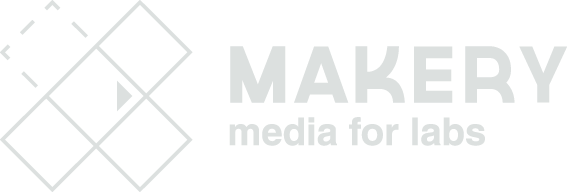

PARTICIPANTS
Open Source Body invites scientists, healthcare professionnals, designers and artists in a series of workshops, talks, demos and performances.
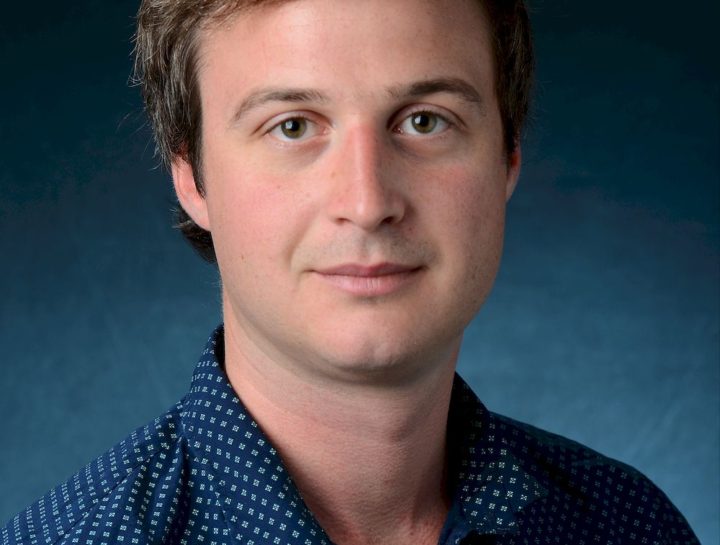
Victor Benichoux is a computer programmer and doctor in neurosciences. His research is focused on hearing, more specifically how the brain processes information sensed through both ears. Besides his research at Institut Pasteur, he is developing an open “hearable” device that would enable users to program their own hearing aid, whether they are hard-of-hearing or not.
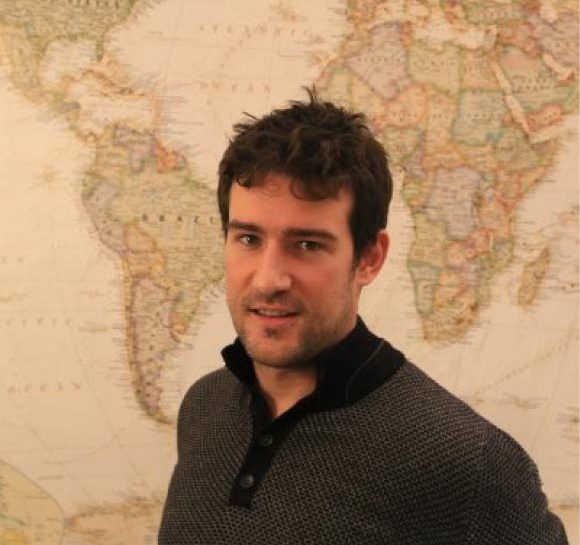
Léonard Gaucher, co-founder of 3D Celo and Sano Celo, promotes and develops 3D printing for paramedical services.
https://www.3dcelo.com
http://www.sano-celo.org

Arthur-Donald Bouillé is currently a student in industrial design at ENSCI-Les Ateliers in Paris, after studying at La Cambre in Brussels. Arthur-Donald is a member of the 2017 Institut Pasteur iGEM team and will present their project "Aether".
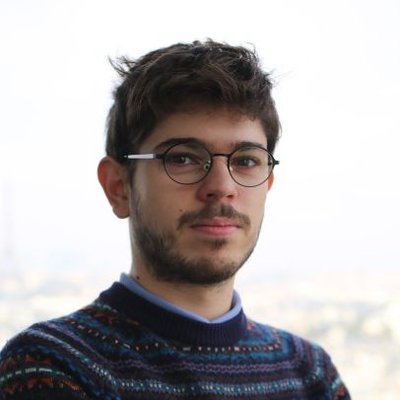
Juanma Garcia is a Spanish bioengineer and PhD student at Institut Curie. Based in France since 2013, he works in synthetic biology and biophysics, while exploring communication and co-creation in science. Juanma co-founded Open Science School (@ossparis), an NGO promoting scientific co-creation and developing teaching materials for lifelong learning. He was also involved in several synthetic biology start-ups before beginning his current PhD at Institut Curie, where he studies how cancer cells can move in confined spaces within the body.
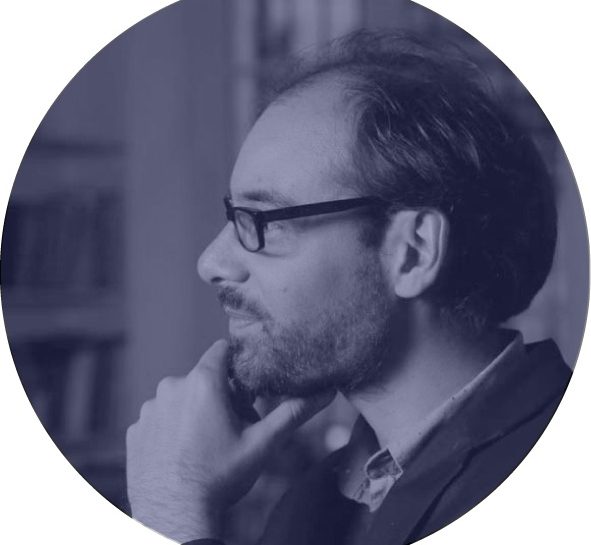
Marc Fournier first studied engineering, with an emphasis in material and energy sciences, before working as a consultant in renewable energy and robotics. In 2011, he was one of the founding members of La Paillasse citizen open laboratory. He is currently the CEO.
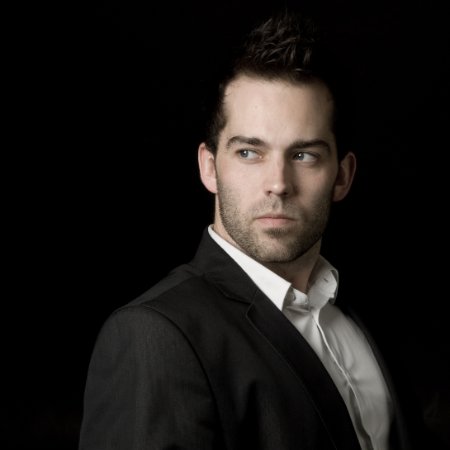
Guillian Graves is an industrial designer and biodesigner. He heads Big Bang Project, a Paris-based studio for socially responsible design, science and technology. Working closely with an interdisciplinary community of researchers and engineers, BBP specializes in designing products and services of the future, research and teaching. Guillian also gives talks and leads workshops for corporate and academic audiences. He also teaches at ENSCI-Les Ateliers, where he directs the Design and Biology research program. He is a board member of La Paillasse and the design instructor of the Institut Pasteur’s iGEM team.
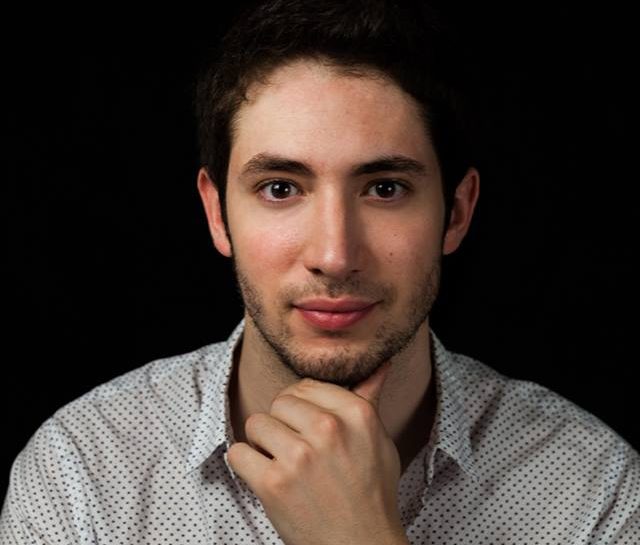
Xavier Montoy is a designer working in Paris. After studying design at Ecole Boulle, he is now studying industrial design at ENSCI-Les Ateliers. His work ranges from design and biology to materials engineering for more sustainable production processes. Xavier was a member of iGEM Team Pasteur 2016.
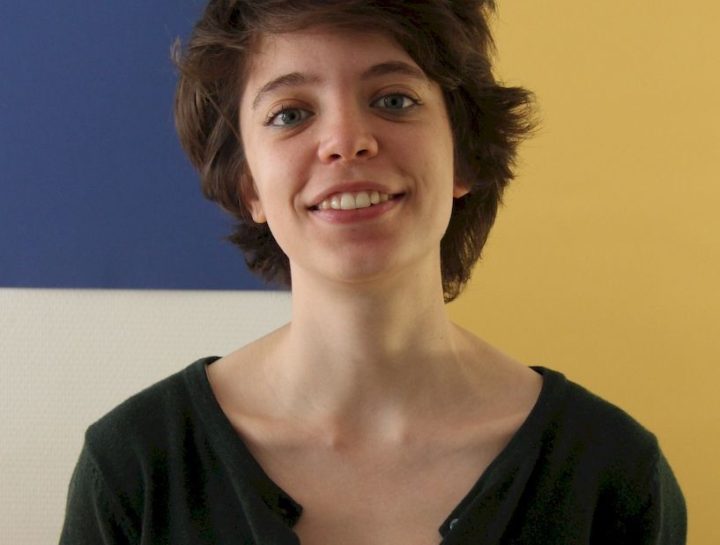
Lisa Dehove is a designer working in Paris. With a doctorate in applied arts, she is now studying at ENSCI-Les Ateliers. She is particularly interested in living arts, biology and illustration. Her approach combines prospection and shaping the material. Lisa was a member of iGEM Team Pasteur 2016.
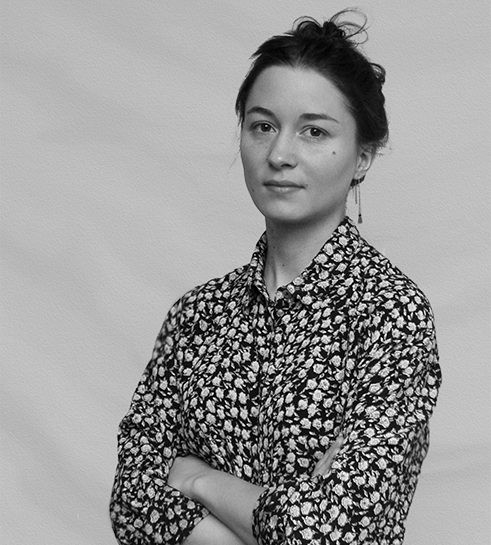
Charlène Guillaume is a designer whose work addresses issues related to living things. After studying for two years at Arts Décoratifs de Strasbourg, she is pursuing her studies at ENSCI-Les Ateliers. Between research and experimentation, her approach is multidisciplinary. Charlène was a member of iGEM Team Pasteur 2016.
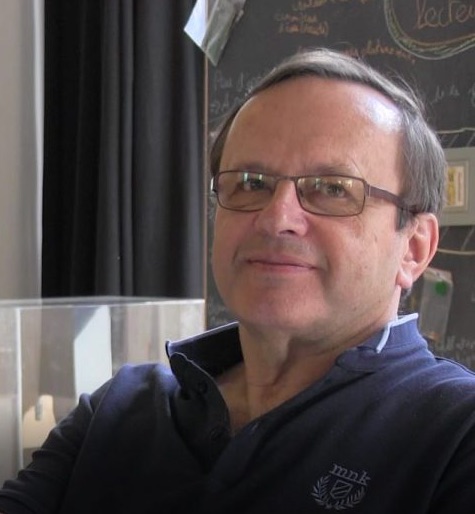
François Piuzzi is a physico-chemist and retired research director. He founded the instrumentation prize in Physico-Chemistry (2007) and is chairman of the "Physique sans Frontière" commission of the French Society of Physics. He curated the "Science Frugale" exhibition at ESPCI (École supérieure de physique et de chimie industrielles) in Paris. He is particularly interested in promoting scientific instrumentation at sustainable cost for low-resource countries through introductory workshops to build low-cost scientific instruments, in connection with GOSH (Global Open Science Hardware), the CRI (Interdisciplinary Research Center for Research and Interdisciplinarity) and Trends in Africa.
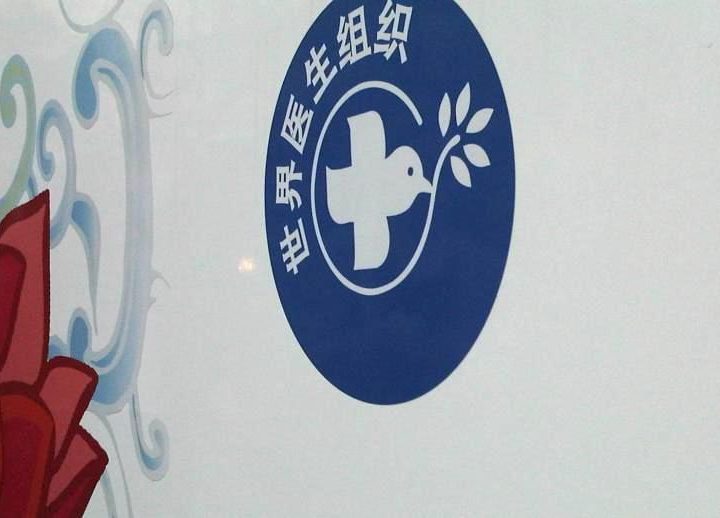
Hélène Le Bail has been the volunteer manager of the Médecins du Monde Lotus Bus program for three years and has been involved for 12 years. The program offers preventive healthcare and harm reduction actions for Chinese sex workers. Trods (Tests rapides d'orientation diagnostique) and auto-tests are among the tools used.

With a passion for music and art, Imane Baïz has a multidisciplinary background in medical engineering, public policy, economics, management and journalism. After several experiences in the public sector (hospital, ministry, OECD, Radio France) and private sector (innovation consultancy, nonprofit organizations), Imane joined the Center for Research and Interdisciplinarity to become Doing-It-Together-science (DITOs) EU project manager in France. The aim of DITOs is to increase public participation in scientific research and innovation across Europe, but also to build institutional and policy foundations for sustained and suitable public engagement.
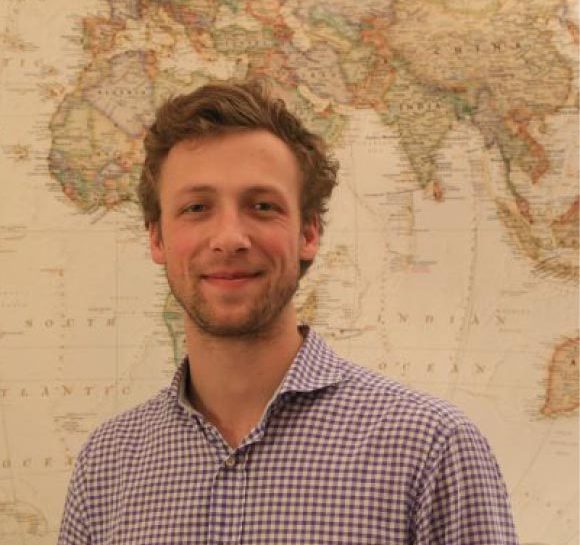
Léopold Lanne, co-founder of 3D Celo and Sano Celo, promotes and develops 3D printing for paramedical services.
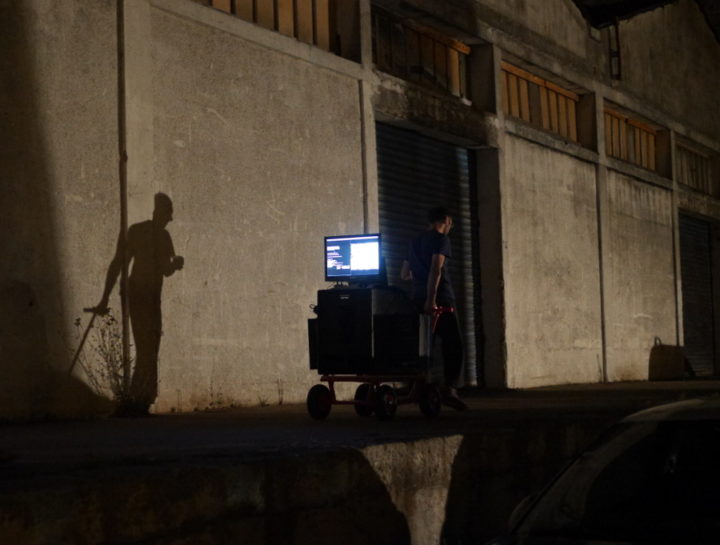
Guillaume Brunet currently works at Labomedia, where he leads the C01N workshop and other digital frivolities. Trained both technically and artistically, he works in various types of media: animation, photography, video, electroacoustic composition, creation of musical objects, electronics, programming... He also leads many creative music/art/technology workshops for a range of audiences.
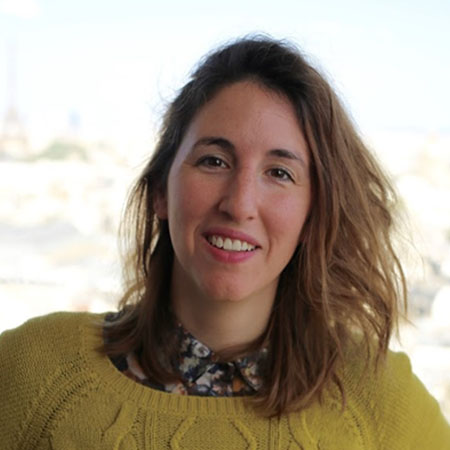
Maria arrived at the CRI at the end of 2016 and she is working as scientific coordinator.
After obtaining her Ph.D in neuroscience at the Institut Curie, and a post-doc at the Institut de la Vision, she worked as innovation & strategy healthcare consultant for the French consulting company Alcimed.
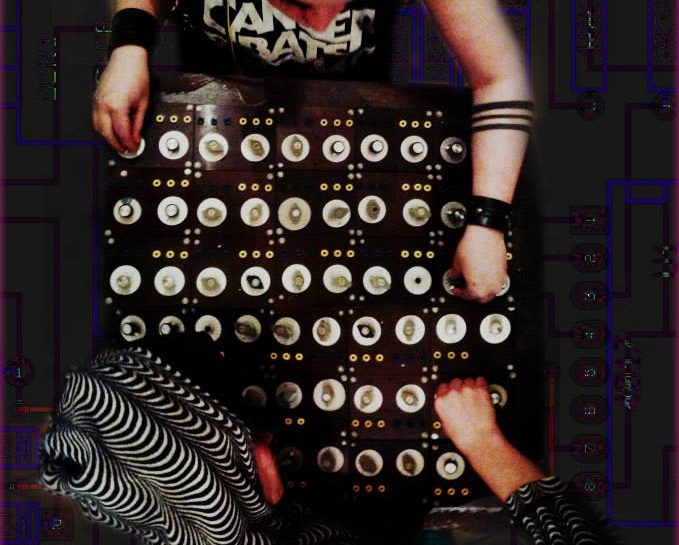
MrSosa biomechanical impulse is moved by noise as a common sense still generated by bio-electro-chemical symbiotic experimentation. Deeply attached to cyborg, transgender biopolitics, alchemy and more, MrSosa was a Pechblenda artist in residency in 2015, giving workshops and colabs in Barcelona&Berlin underground. Influenced by Jelly (Paula) Pin, powered as a hybrid organism.
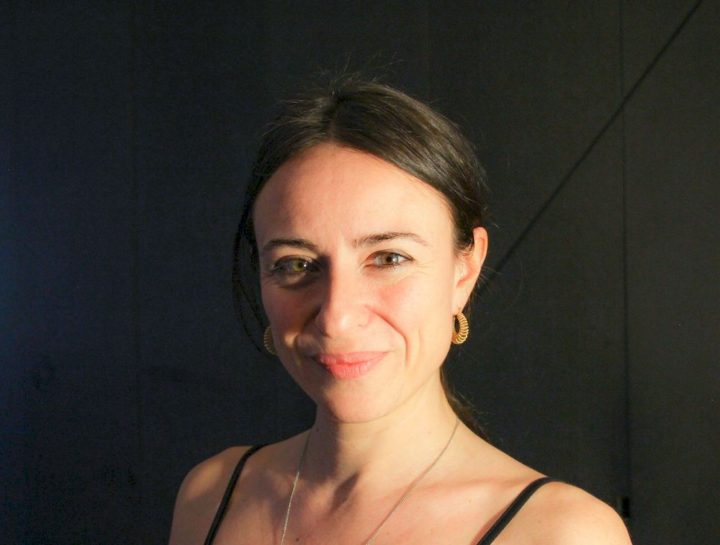
From social sciences to radio, sound recording for the cinema, field recording, pedagogy, art / sound interaction as a free form of anthropology and geology, electronic composition, for 20 years, Gaël Segalen focuses on the direct relationship to the other ones and the world through sound, and calls her project IhearU. She runs workshops, composes for commissioned projects and visual works and publishes solo and duet albums (Erratum, Frm-at, Firecracker Recordings labels). She is also co-founder of Polyphones, a network dedicated to women in musical experimentation.
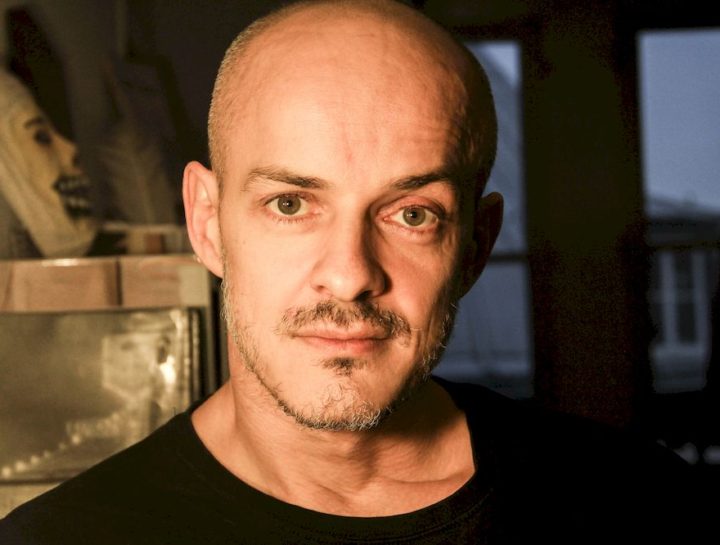
French artist and poet living in Paris. He develops an experimental, conceptual and contextual practice mainly around consciousness, sound, music, voice, drone, noise and resonance since the early 90's, and has shown his work in many places and festivals around the globe. His work is focused on metaphysical experimental art and reality hacking, directed towards conceptual processes on the topics of observation and perception of reality through a non-dual approach. He is the co-founder of the Phonon_lab at HEAR (Haute école des Arts du Rhin in Strasbourg), dedicated to experimental sound art and free philosophy. He invented the Wiimote but never worked for Nintendo, and he runs the experimental noise/poetry label erratum.org since 1993. His next book "Art and Solipsism" is to be released late 2018.
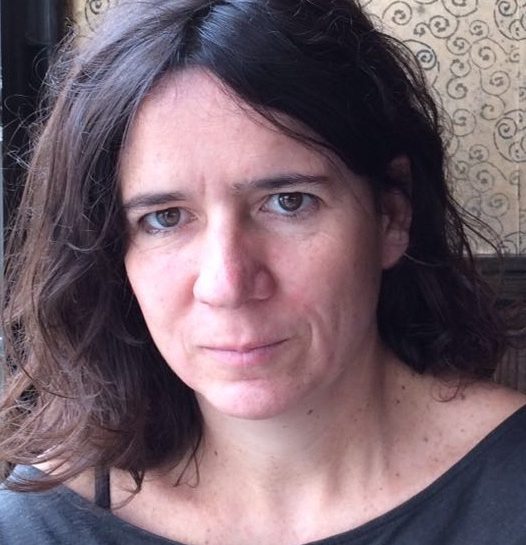
Paula Vélez is a Colombian visual and sound artist whose practices involve acoustic instruments, microphones, sound-machines, video, and illustration to address issues such as ecology, sustainable economy & urbanism. Her creative processes explore liminal spaces, creating temporary nomadic projects both autonomous & participatory. For example, community based projects such as Laborincondelmar. It apprehended the ecological realms through developing sustainable & social ecological practices to preserve the mangroves in the Caribbean Colombian coast. Projects such as Ark0, Terrik0lab, and OSWASH, are part of a body of research exploring the embedded relationship between Urbanism, and ecology, by the collective development of transversal & libertarian practices in different socio political contexts.
She has most recently focused on sound as it traverses the primary landscapes of her research in ecology, philosophy & sentience. Currently, she is interested in improvisation, sound as a form of energy circulating in the spaces between spaces. She is presently directing her first documentary.
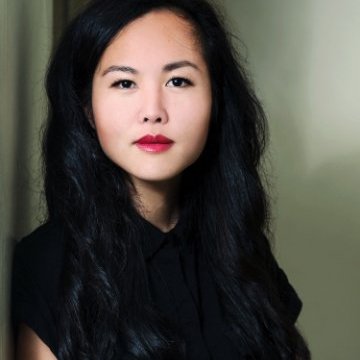
Céline Tchao est designer spécialiste en innovation collaborative. Après son cursus de biologie, elle entame une formation en design et décide de se tourner vers des modèles alternatifs de recherche scientifique et part aux Philippines en 2014 expérimenter un Biohackerspace tourné vers l'innovation sociale, avec le soutien de La Paillasse. Aujourd'hui, elle expérimente de nouvelles formes de pédagogies et de collaboration au croisement de l'art, des sciences et des sciences humaines avec son collectif Open Science School hébergé par le Centre de Recherches Interdisciplinaires.
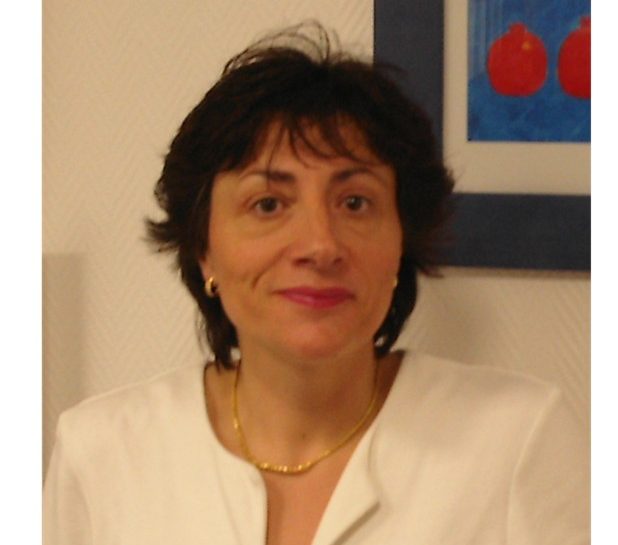
Isabelle Giami is a midwife administrator of Gynécologie sans Frontières and a hospital midwife at Centre Hospitalier de Plaisir near Paris. From 1985 to 1995, she acted as midwife in various marginalized neighborhoods in northern Paris. During this time, she earned a master degree in ethnology on hospital care in Paris for migrant women from West Africa and a DESS in community health specialized in prenatal care. From 1996 to 2000, she established and managed the city hospital prenatal care network in northern Paris to offer better access to healthcare for women in need. From 2005 to 2010, she was a trainer at the J. Sentuberry school for midwives at CHI Poissy-Saint Germain en Laye. She also became a member of Gynécologie sans Frontières and has been the NGO’s midwife administrator since 2017. She will speak about her experience of GSF’s Camparis mission for obstetrical and gynecological care of women and children sheltered at the emergency humanitarian center in Ivry sur Seine.
https://gynsf.org/mission-camps-de-refugies-migrants-de-paris-ivryseine/
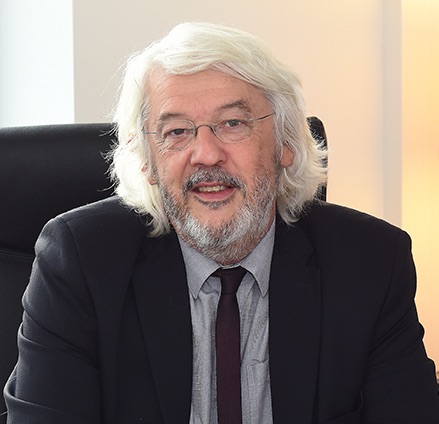
France’s official delegate for Healthcare Innovation, Jean-Yves Fagon, is a Professor of Universities and Hospital Practitioner (PU-PH) since 1990. He teaches at Paris Descartes University and heads the intensive care unit at the Georges Pompidou European Hospital. From 2007 to 2010, he was director of Medical Policy at Public Assistance Hospitals of Paris (APHP). From 2010 to 2016, he was the vice-president of the Economic Committee for Health Products (CEPS) in charge of medicine. Since January 2016, he heads the France's Ministry Delegation for Healthcare Innovation.
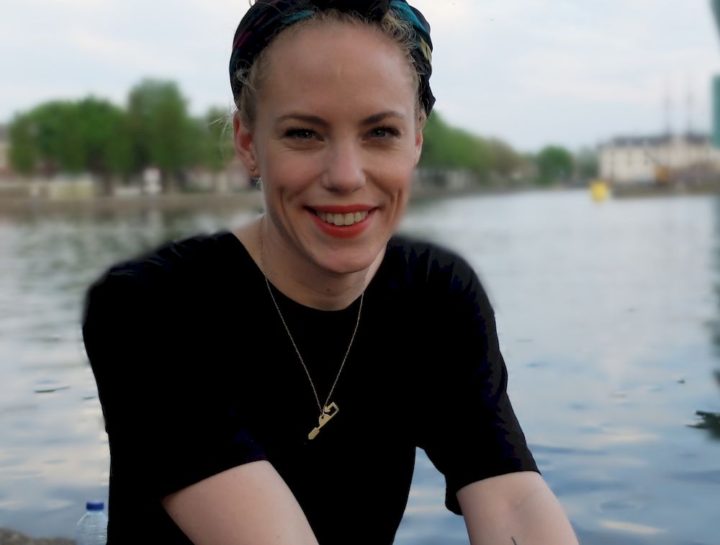
Wieke Betten works as a postdoc researcher and lecturer at the VU University in Amsterdam. In her PhD research she focused on dynamics of meaning making in deliberation of emerging biotechnologies. She is interested in the ethics of science and technology, morality, and democratisation of science and technology.
She is an ethics fellow at Waag Society Amsterdam where she co-developed gene.coop: a project that explores the idea of cooperative ownership of a biodatabase. Together with designer Karen Ingram she founded colabfutures where they develop projects that bring together art & ethics to stimulate nuance in conversations about biofutures.
http://waag.org/nl/project/gene-coop
https://www.colabfutures.com
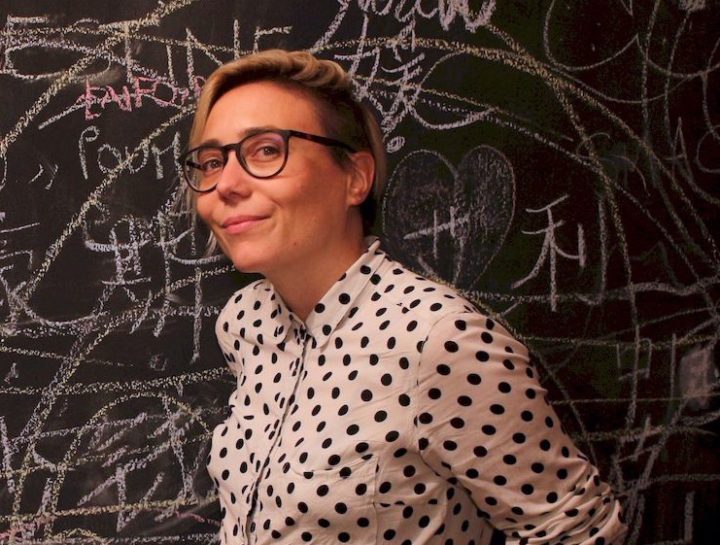
Catherine Lenoble writes fiction (Anna K, éditions HYX, 2016) and activates collaborative writing spaces (Wiki Matrimoine) in different places: activist festivals, universities, public libraries. She regularly takes part in open source research and development projects in the field of education, artistic creation and game design. She is the coordinator of Funlab, a nonprofit fablab based in Tours.
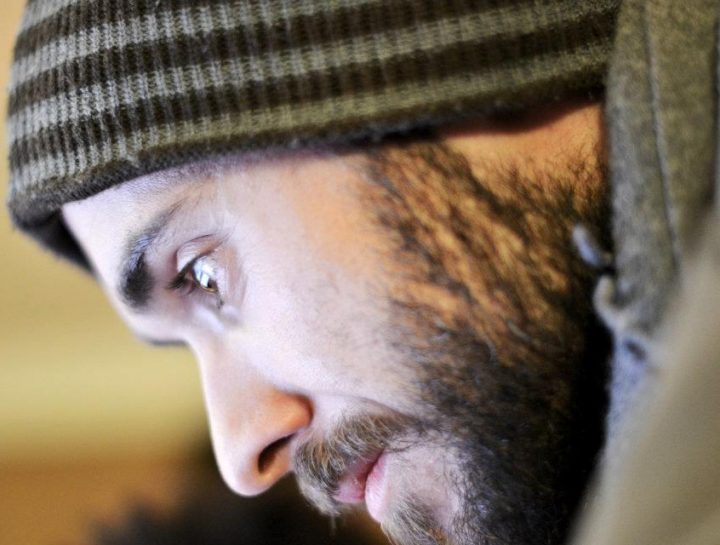
Enrico Bassi graduated with a perfect score in Design&Engineering and Product Design from Milan Polytechnic, before working as Innovation designer in Milan and Miami for three years. Since 2011, he is the fab manager of Italy's first fablab, Fab Lab Italia. Thereafter he worked for two years as coordinator and president of Fab Lab Torino, a lab supported by Officine Arduino, the Italian branch of Arduino. He successfully completed the Fab Academy in 2015, and in 2016 became an instructor and “guru” (an instructor who helps other instructors with logistics and network connections) for the Fab Academy. In addition to his personal design projects, such as the digitally fabricated wooden bike Rootless, he teaches digital fabrication at NABA (design academy in Milan), Domus Academy (design master in Milan), SUPSI (Interaction Design Master in Lugano) and LABA (design academy in Brescia). He also coordinates the Opendot fablab in Milan, in particular managing national and international projects.
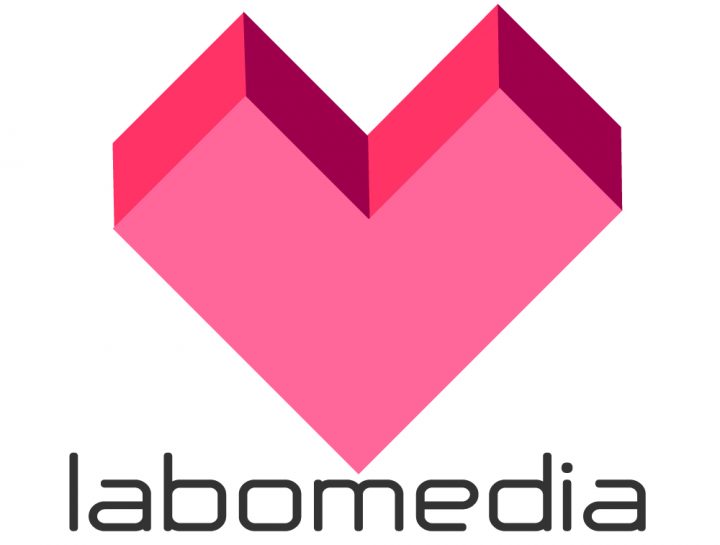
Benjamin Cadon is the coordinator of La Labomedia, a nonprofit organization based in Orléans, France, which manages a medialab, a fablab and a hackerspace to help individuals and collectives realize their artistic, cultural or social projects involving new technologies. Benjamin has been active in the field of digital culture and media arts since 1999. He often participates in collective experiments in the form of workshops, installations and audiovisual performances. He also researches critical perspectives of the dogmatic technological world we live in.
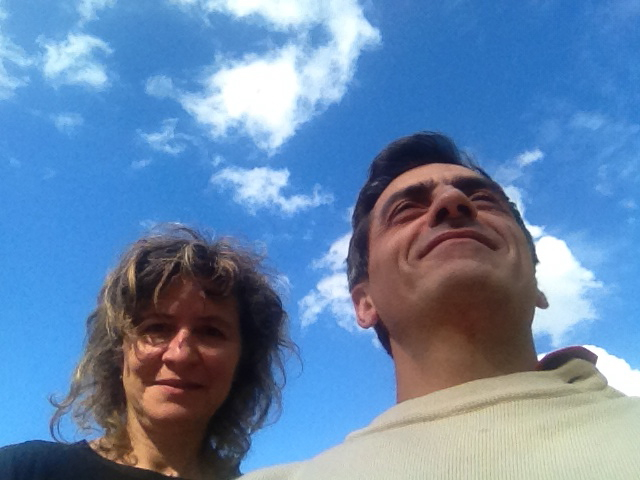
Since 2000, the artist duo Bureau d'études have been integrating art, theory and research into cartographies of contemporary political, social and economic systems, exhibited in artistic, activist and academic contexts. Conscious of the limits of an exclusively critical approach, since 2009 they have been working to establish a "space for social experimentation" in the French countryside called Ferme de la Mhotte.
They currently teach design at ESDMAA (École Supérieure de Design et des Métiers d'arts d'Auvergne) in central France as public servants. They are founding members and volunteers of Syndical Potentiel in Strasbourg since 1995. With Ewen Chardronnet, they also founded the Laboratory Planet journal in 2007 and the Aliens in Green art/biology intermedia collective.
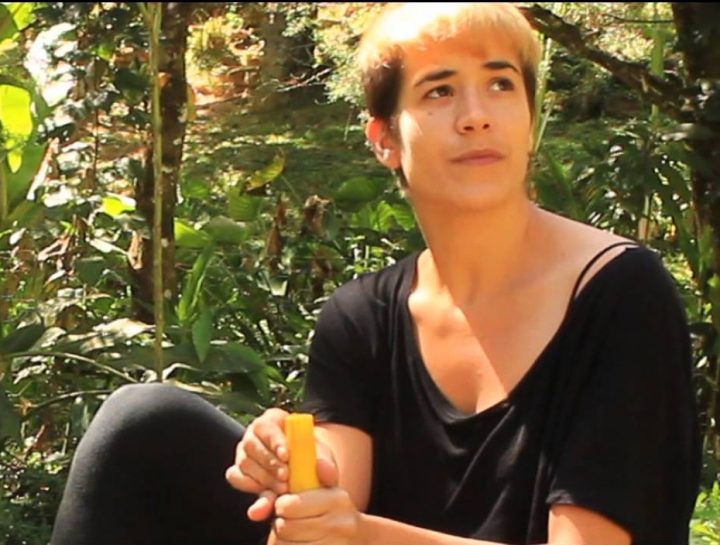
Paula Pin is a transhackfeminist performer and researcher who studied fine arts in Barcelona and Sao Paolo. Her work ranges from drawing to abstract video to circuit bending to investigations at the frontiers of biology, art and queer science. Plants, micro-organisms, alternative energies and the laboratory forced her to rethink her body under a new angle, integrated into a network of complex interactions, confusing matters between machines, animals and plants, opening new horizons for art and performance.
https://prototypome.gridspinoza.net/index.php/Prototyp-omeAutoresidence
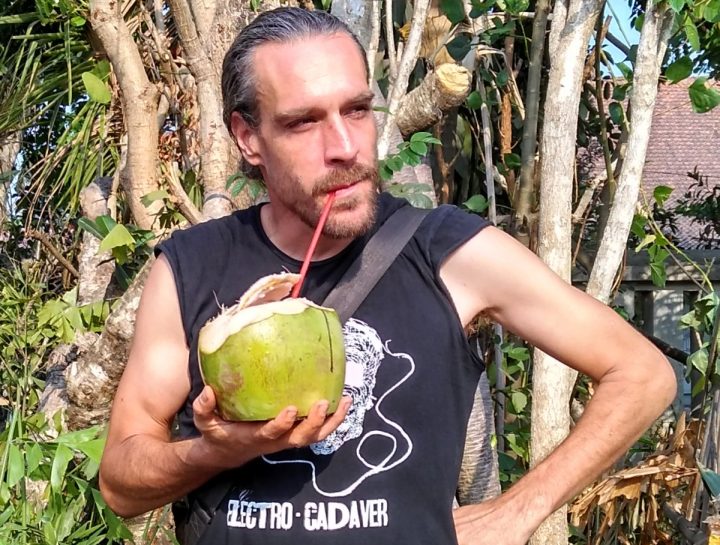
Dr. Marc Dusseiller is a transdisciplinary scholar, lecturer for micro- and nanotechnology, cultural facilitator and artist. He performs DIY workshops in lo-fi electronics and synths, hardware hacking for citizen science and DIY microscopy. He co-organized Dock18, Room for Mediacultures, diy festival (Zürich, Switzerland), KIBLIX 2011 (Maribor, Slovenia), workshops for artists, schools and children as the former president (2008-12) of the Swiss Mechatronic Art Society, SGMK. He has worked as a guest faculty and mentor at various schools, Srishti Institute of Art, Design and Technology (IN), UCSB (USA) and in Switzerland, FHNW, HEAD, ETHZ. In collaboration with Kapelica Gallery, he started the BioTehna Lab in Ljubljana (2012-13), an open platform for interdisciplinary and artistic research on life sciences. Currently, he is developing means to perform bio- and nanotechnology research and dissemination, Hackteria / Open Source Biological Art, in DIY/DIWO fashion in kitchens, ateliers and in the Majority World. He was the co-organizer of several editions of HackteriaLab 2010-2014 in Zürich, Romainmotier, Bangalore and Yogyakarta, and helped organize the Gathering for Open Science Hardware, GOSH! 2016, and BioFabbing Convergence, 2017, in Geneva.
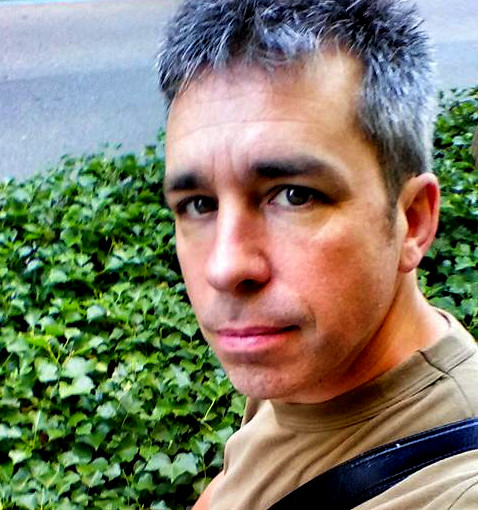
Urs Gaudenz is an engineer and interdisciplinary scholar working in Lucerne, Switzerland. He was born 1971 in Seattle, USA. He earned his master degree in microtechnology science at the Swiss Federal Institute of Technology, Lausanne. He then attended post-graduate programs in international business and innovation-management. In 2016, he completed the course of study in the Principles and Applications of Synthetic Biology as directed by Georg Curch, Professor of Genetics at Hardward Medical School. He is the founder of GaudiLabs, a third space for third culture. He is also a founding member and board member of Hackteria International Society. He is currently on the faculty of the Lucerne School for Applied Science and Arts. In his professional practice, Urs uses various forms of expression such as prototype development, open scientific research and collaborative workshops. He combines his different backgrounds to explore new technological and cultural fields, and his works often emerge from the void in this intersection, spanning from speculative and futuristic to very functional and applied. He has worked with and was inspired by Dr. Marc Dusseiller - dusjagr labs, Swiss Mechatronic Art Society, GynePunk, BioDesign for the Real World, Sci | Art NanoLab Summer Institute at UCLA, LifePatch. He has given workshops and exhibited projects at Ars Electronica - Projekt Genesis, ISEA - International Symposium on Electronic Art, DOCK18, space for media cultures of the world, Kapelica Gallery/BioTehna, Schloss Werdenberg, N/O/D/E festival, Medialab-Prado Madrid, CYNETART-Festival - Trans-Media-Akademie.
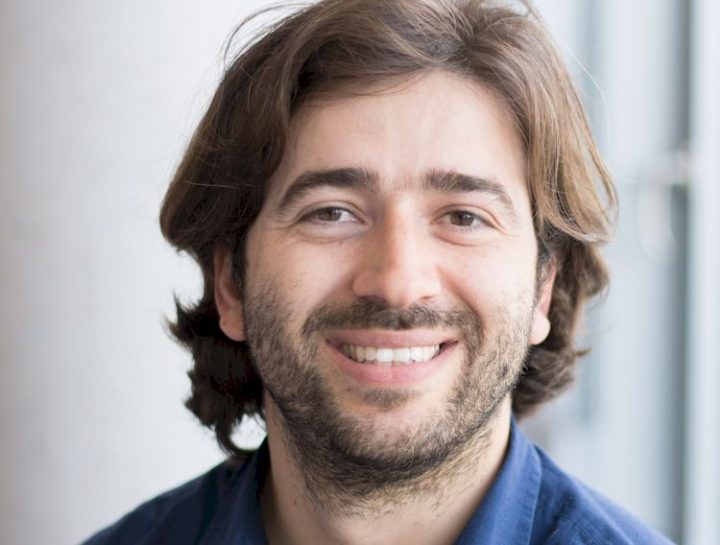
André is a researcher at the University of Tuebingen in Germany. He is passionate about open source technologies for the democratization of science, and created Open Neuroscience, a central repository for open projects in Neurosciences. He collaborates with the NGO Trend in Africa, showing researchers how to build their own scientific tools and leverage open source technologies for better science. He also co-founded Prometheus Science, a start-up dedicated to producing and disseminating open source tools to labs worldwide.
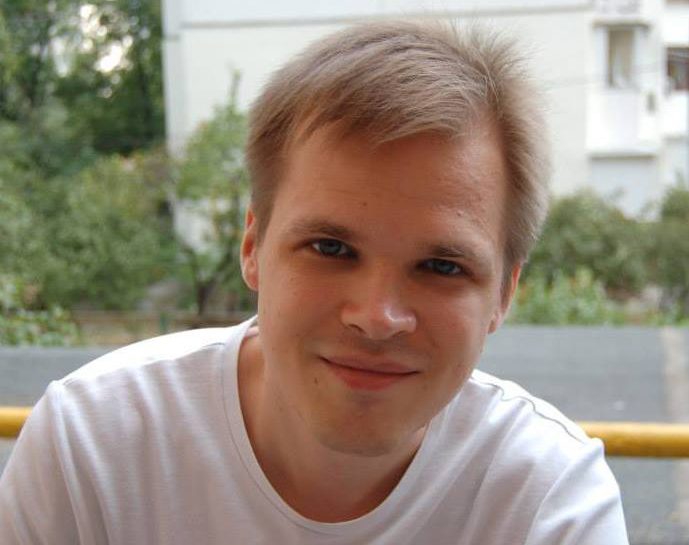
After graduating with a master degree in synthetic biology from CRI in Paris, Alexey Zaytsev now works as an electronics engineer in Shenzhen, China, developing open source hardware for molecular biology education. He will present his latest developments in the workshop.
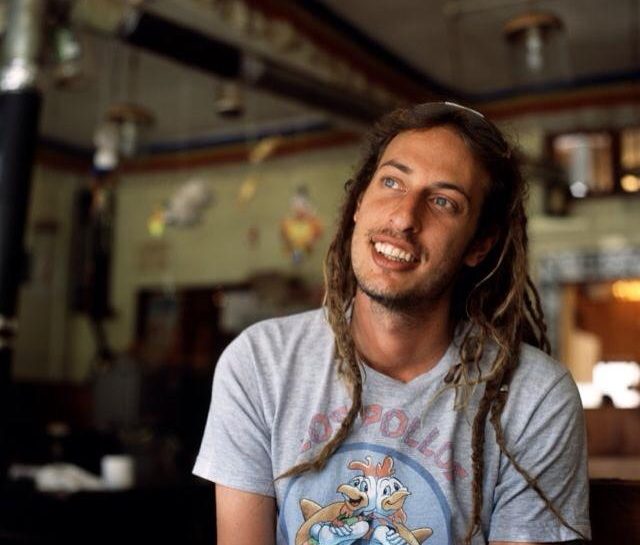
Guy was born in Jerusalem and grew up in the San Francisco Bay Area and Tel-Aviv. He is a lifelong traveler, learner and explorer. After studying physics, general humanities (clusters in psychology, philosophy and social justice) and biology at Tel-Aviv University, he went on to do an interdisciplinary Quantitative/Systems Biology master’s degree at the Weizmann Institute of Science “Hierarchy of non-glucose sugars in Escherichia coli”. Next he tried to open the first biology accelerator/biohackerspace in Israel, to allow impactful biological research, development and learning to be done not in an academic or corporate setting: Bio-TLV. This led him to his current project—developing an open, affordable, reliable, easy-to-use, rapid, and robust kit for gene detection by non-scientists.
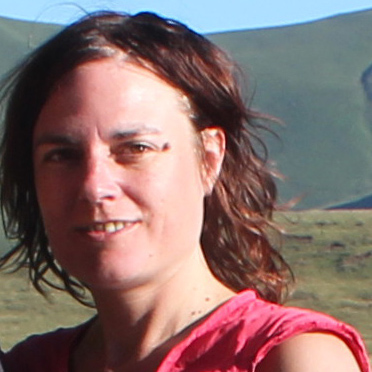
International adventurer with many trades, Delphine has successfully resumed her studies in 2015 passing with honors her Master’s thesis dedicated to digital manufacturing.
Programming, digital art, music, electronic, web design and mediation are part of her range of skills that she has henceforth ceased exercising as volunteer to integrate the team of My Human Kit as a professional.
She is now fabmanager assistant in the humanlab as well as project manager especially in charge of the documentation of the prototypes.
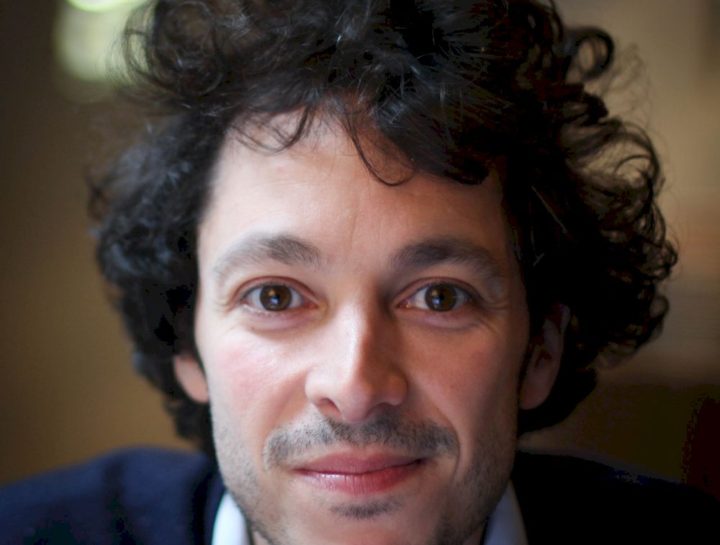
Mehdi Benchoufi is a public health doctor at Hôtel-Dieu Hospital and an associate in mathematics. Among his many projects is developing advanced open source medical technologies, in order to make them accessible and free wherever possible. He is the co-founder of echOpen, the first low-cost open source echography, and coordinator of Epidemium, an open and collaborative research program on Big Data and Cancer, in partnership with Roche Laboratory, Club JADE think tank and La Paillasse.
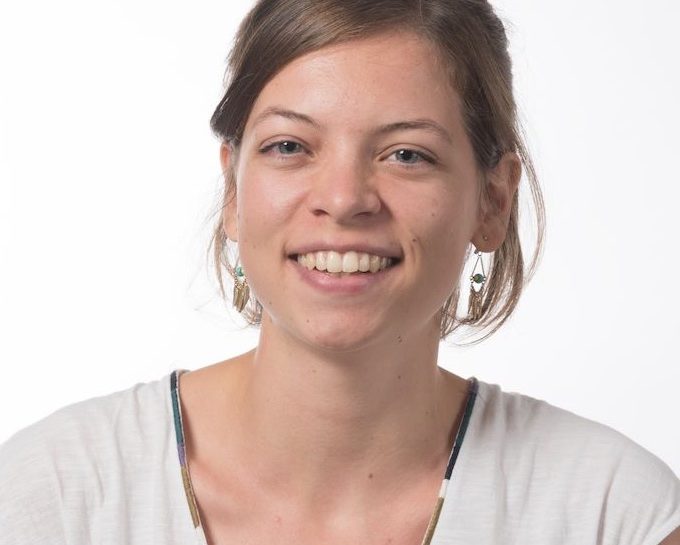
Fanny Prudhomme studied design at Ecole Boulle and ENSCI-Les Ateliers. Fascinated by the pragmatism of design practiced by people with no formal training in design, she often borrows the tricks and methods of amateur designers. She is currently developing her open educational toolkit "Les Parleuses", which represents the various parts of female genitalia, in the interest of women's emancipation.
Article in Makery
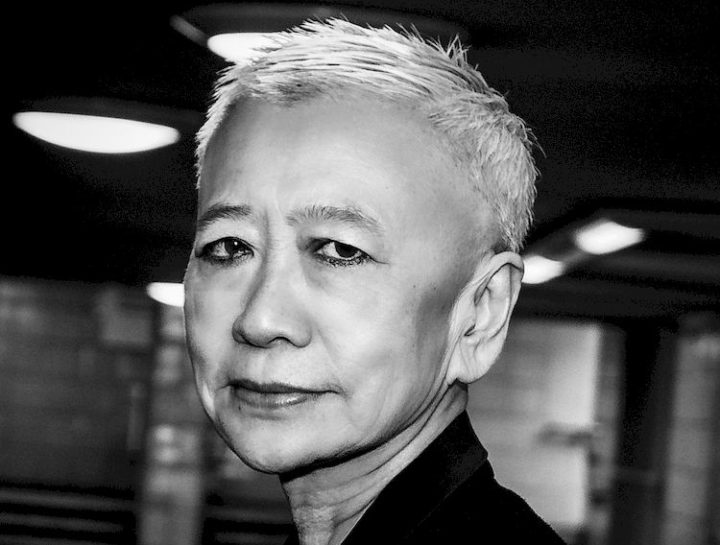
As an artist and filmmaker, Shu Lea Cheang has worked with a range of art media and film formats, including installation, performance, Net art, public art, video installation, feature film and mobile web serial. From homesteading cyberspace in the ’90s to her current retreat to BioNet, Cheang takes on viral love, bio hack in her current cycle of works.
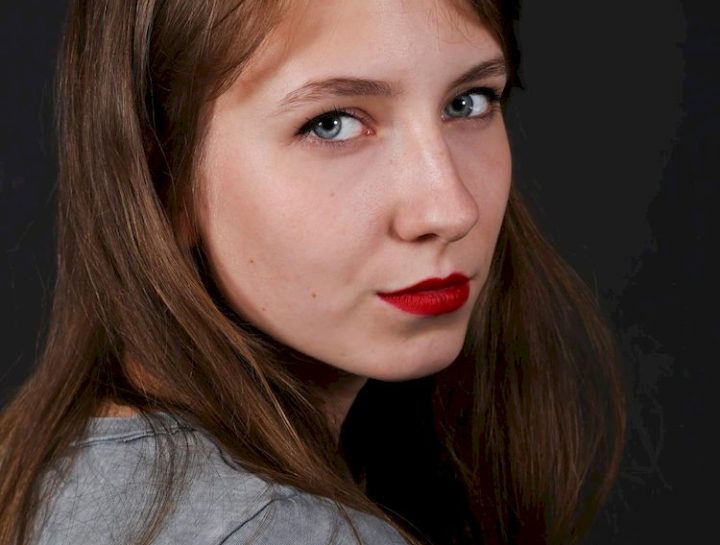
Dasha Ilina is a digital artist born in Moscow, now based in Paris. Her artistic practice transforms current technological issues into digital and physical artworks that are interactive and educational, often ironic and entertaining. She is the founder of the Center for Technological Pain.
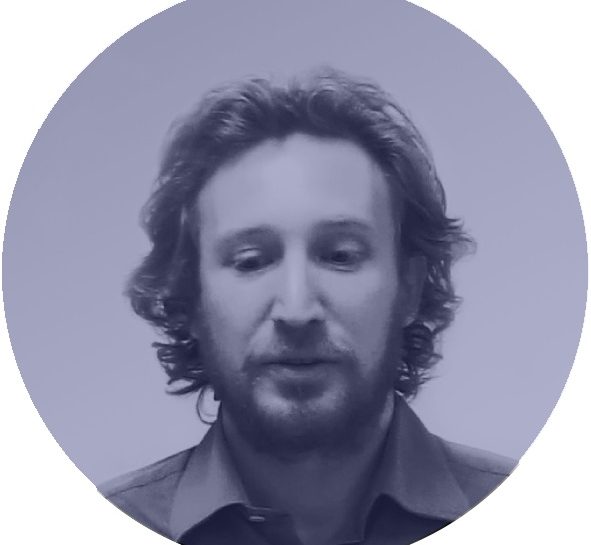
Jonathan Keller is a legal expert in IT and intellectual property at La Paillasse. After studying English to become a translator in the legal field, he returned to university to study law. Fascinated by this discipline and passionate about new technologies and their legal issues, he completed a doctorate in law at Paris Ouest La Défense University on the concept of authorship in the world of software.

Zoe Bengherbi is La Paillasse's head of partnerships. Prior to this, she worked as an analyst in the energy and environment sector. Zoe studied politics at the University of Nottingham, and is currently finishing an MSc in Advanced Environmental and Energy Studies at the University of East London.
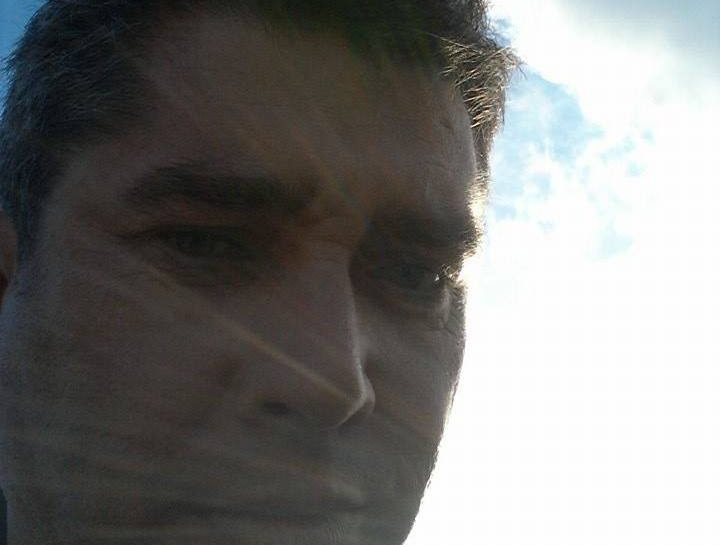
Ewen Chardronnet is an author, journalist, curator and artist. He is the curator of the Open Source Body festival, assistant chief editor of Makery media and project manager of its medialab. In 2016, he also established two new artist-in-residency programs: one for Artlabo at the Roscoff Marine Station in France on marine biology, ecology and art; one for Makery medialab by hosting artist Shu Lea Cheang to work on echOpen, the open source echo-stethoscopy project. Ewen has coordinated the french translation of two guides in harm reduction: The Safer Injecting Briefing by Jon Derricott, Neil Hunt, Andrew Preston (Apothicom, CILDT, 2009) and the Guide to Problem Substance Use During Pregnancy by Anne Wittaker (Respadd, 2013). He recently published Mojave Epiphanie, a secret history of the U.S. space program (Inculte, 2016).
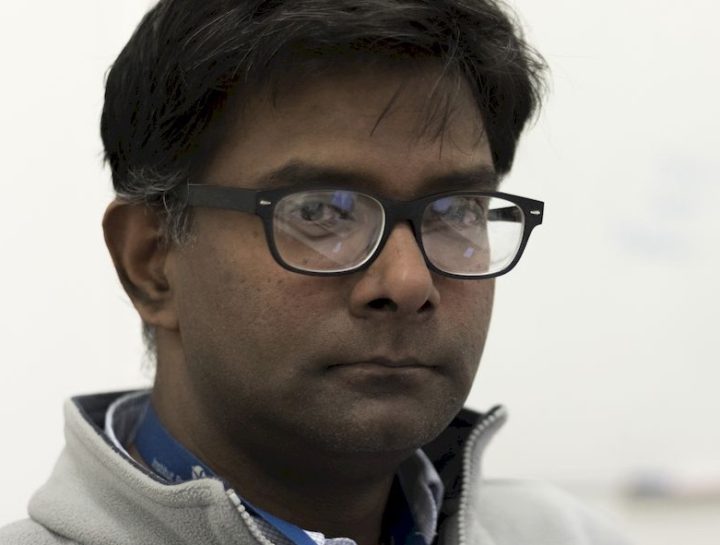
Deshmukh Gopaul is a researcher at Institut Pasteur. He is trained at the interface of biological and analytical chemistry sciences with a PhD in Biochemistry. He has worked using x-ray crystallography on the atomic structures of biomolecules (Enzymes, DNA) to understand the mechanism of genetic recombination. Since 2015 he is involved in mentoring a Synthetic Biology course at the Master’s level to compete in the international Genetically Engineered Machines competition (iGEM). He is interested in exploring molecular forms and details that generate function. A key aspect of Synthetic biology is to have a societal component as an integral part of thinking science; to address issues in health, environment, new energy, and logic. It is becoming more and more essential to have the end-user’s point of view from the inception of projects. Thus, multidisciplinary approaches are required, at the interface of design, science, law, and sociology, and the training of a new generation of professionals in this way, a new challenge.
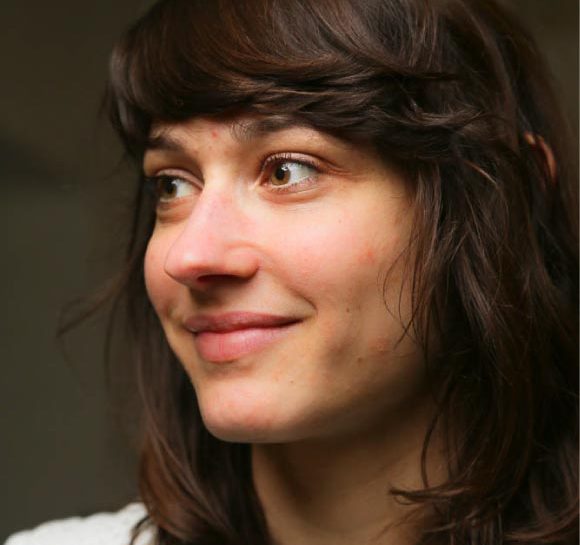
Muriel Colagrande is the founder of OVAOM, a tactile device that enables autistic people to explore sound.
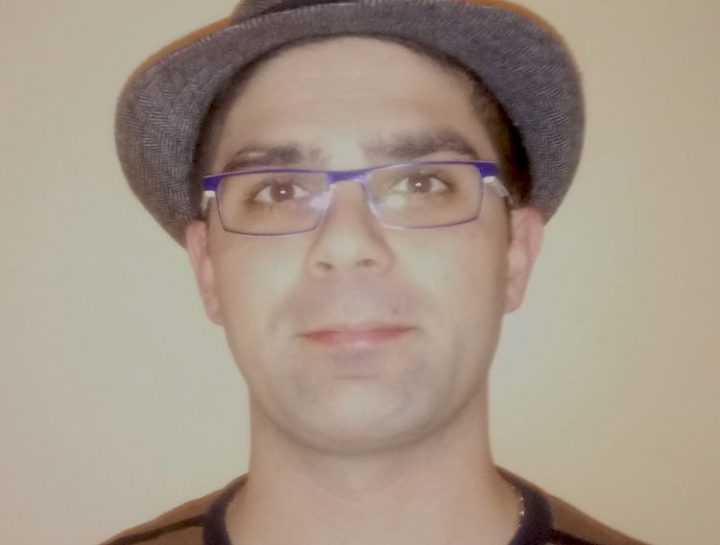
With a doctorate and a postdoc in ultrasonic acoustics, Jérôme Dubois joined echOpen in July 2015, where he manages the technical development of the echo-stethoscope. Self-trained in electronics, he designs the electronic boards and firmware of the prototype. Specialized in acoustics, he also writes the algorithms for signal processing and image calibration.
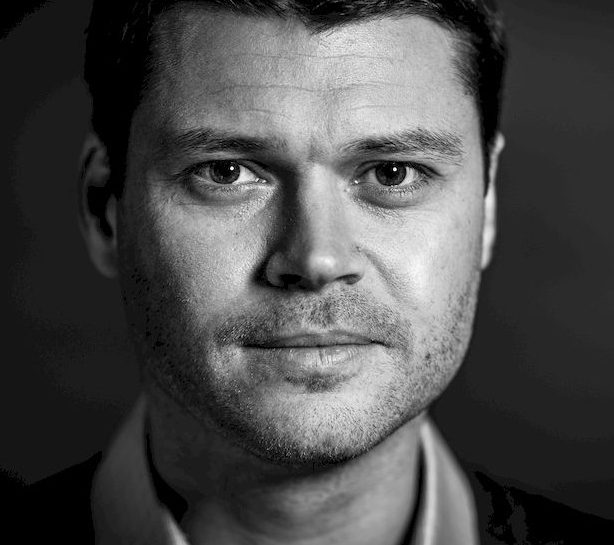
Olivier de Fresnoye is a specialist in collaborative and community-based Open Source projects. With a background in science and economics, he has developed several open projects based on collective intelligence in France and abroad. Co-founder of the echOpen project and coordinator of the Epidemium program, Olivier is also involved in several working groups on new technologies and their impacts on science and society.
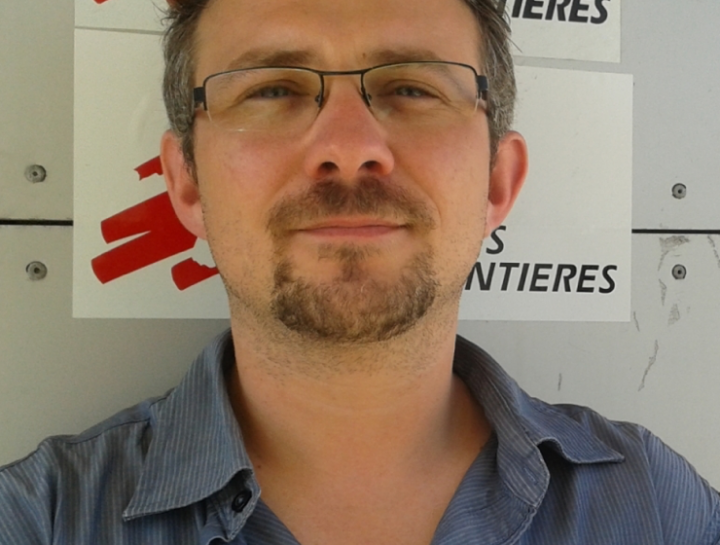
Jean-Baptiste Ronat is a microbiologist specialised in bacteriology and antimicrobial resistance. After ten years working to set up and support laboratories in the field with Médecins Sans Frontières, he joined the team at the Paris headquarters to work on ways to improve the diagnosis and monitoring of microbial infections. Today, he is heading up the MiniLab project of MSF.
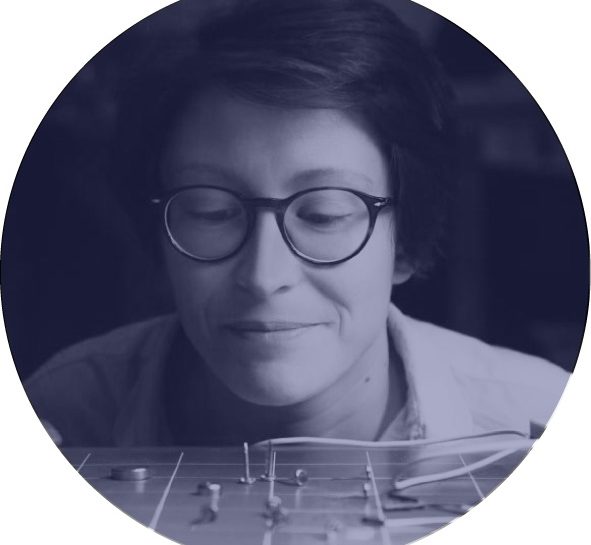
Cléa Bauvais, lab manager at La Paillasse citizen open laboratory in Paris, has a doctorate in marine microbiology, specialized in metal decontamination issues.